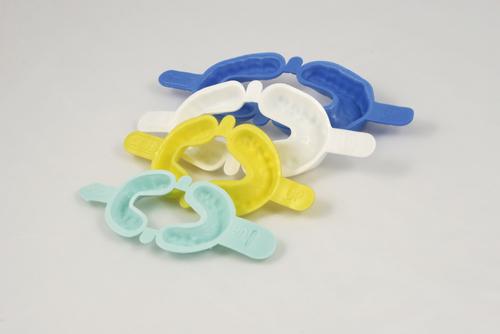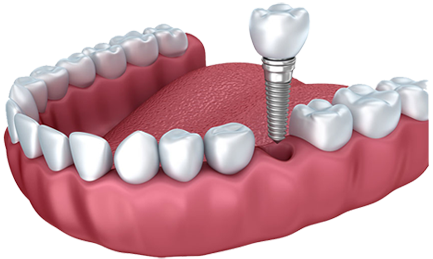Fluoride is one of the more powerful means that help prevent dental decay. It is a compound mineral which exists in almost all foods and even drinks like teas and water treatment plants. Fluoride continues to be fully supported by numerous professional health organizations for well over 50 years.
Topical Fluoride
This type of fluoride could be used to strengthen the surface enamel of teeth, giving additional resistance to dental decay. Topical fluorides are included in fluoride containing dental products such as oral rinses, toothpastes, and oral gels. An added manner to get topical fluorides is through fluoride therapies which are accessible at your dentist’s office. Therapies with fluoride are recommended to be accomplished no less than two times each year.
Systemic Fluoride
This type help reinforce the teeth that are still in development beneath the gums and the teeth that have by now already erupted. Community water treatments provide the majority of systemic fluorides, however, most teas and the majority of foods currently possess systemic fluorides. One thing to think about is that fluoride quantities have to be monitored as too much fluoride can induce a condition identified as dental fluorosis.
Typically topical fluorides and the systemic fluorides are not adequate to prevent oral caries and might require additional fluoride treatments. We often recommend professional home care fluoride therapies to help you in your prevention of tooth corrosion.
According to Smile of Elgin Dentists, you might need to supplement more fluoride into your schedule if: you have deep pits and fractures on the exteriors of your teeth, you have exposed roots that are now sensitive to temperature stimulation, you have poor oral hygienic habits, you take in too much sugar, you need more fluoride, or have an inadequate saliva production due to existing health ailments, medical treatments or medications.
It is extremely critical to remember to establish a routine preventative dental home care of brushing twice a day, flossing and rinsing as fluoride alone cannot prevent tooth corrosion.









